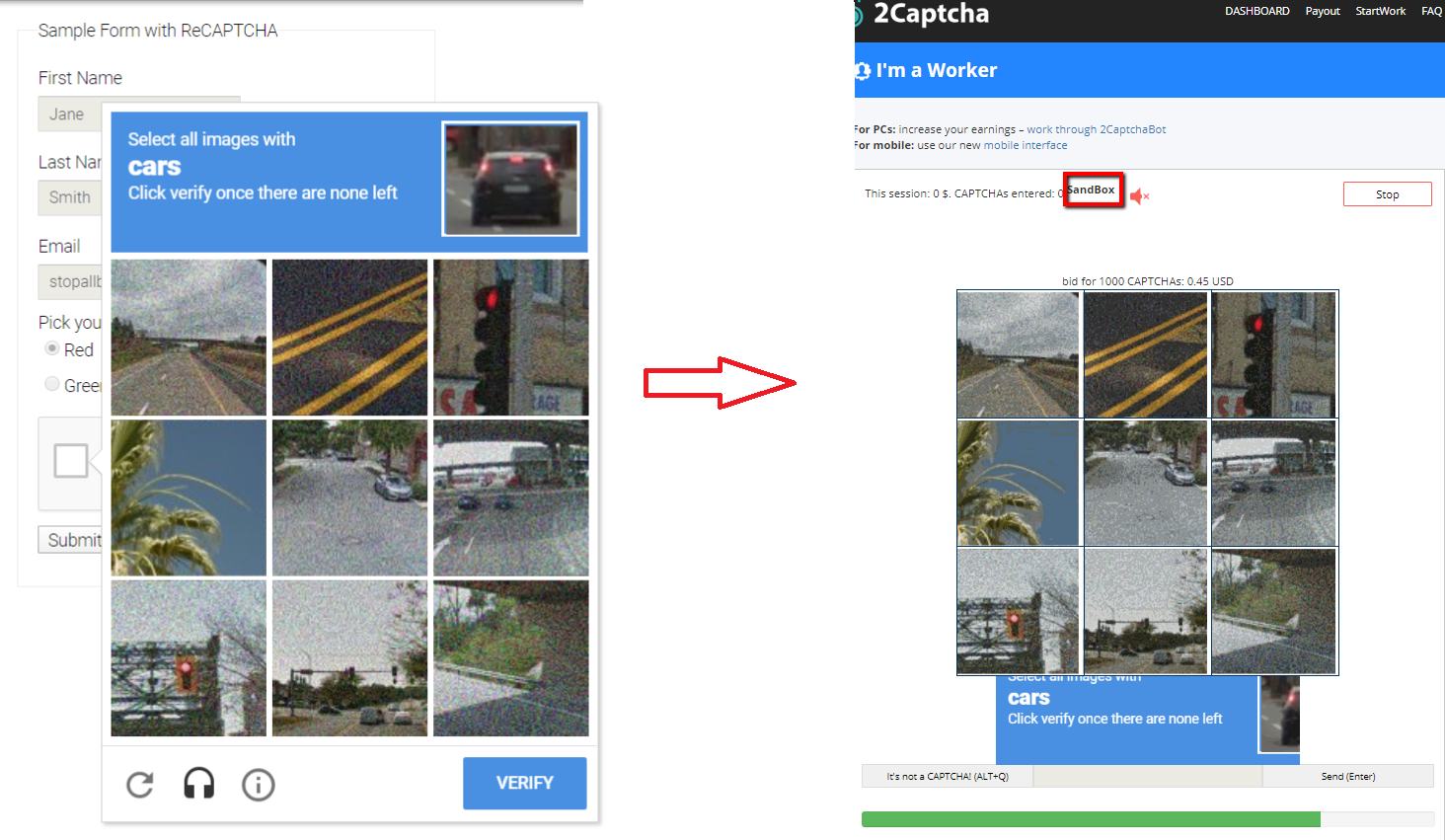In the digital age, where bots roam freely on the internet, safeguarding online platforms from automated abuse has become paramount. Among the most widely used tools for this purpose is EzCaptcha, a system designed to distinguish between humans and bots. However, as technology advances, so do the methods employed by bots to bypass these protections. Thus, the arms race between bots and anti-bot measures continues unabated.
reCAPTCHA, developed by Google, employs various challenges to verify whether a user is human. These challenges can range from simply clicking a checkbox to more complex tasks like image recognition or audio transcription. While these measures are effective at deterring automated bots, they can sometimes be a nuisance for genuine users, leading to a desire for more efficient ways to solve reCAPTCHA challenges.
The Challenge of Conquering reCAPTCHA
Conquering reCAPTCHA poses a significant challenge due to its evolving complexity. Google constantly updates its algorithms to make reCAPTCHA more robust against automated attacks. As a result, bots need to adapt and employ sophisticated strategies to bypass these protections.
Traditional Approaches
In the past, bots used methods like Optical Character Recognition (OCR) to solve image-based reCAPTCHA challenges or employed crowdsourcing techniques to outsource the task to human operators. However, advancements in AI and machine learning have led to more sophisticated approaches.
Machine Learning Solutions
Machine learning algorithms, particularly deep learning models, have shown promise in solving reCAPTCHA challenges. By training neural networks on large datasets of reCAPTCHA challenges and their corresponding solutions, researchers have developed models capable of accurately solving a wide range of reCAPTCHA challenges.
These machine learning solutions can be further enhanced by techniques such as transfer learning, where models trained on one type of reCAPTCHA challenge can be fine-tuned to solve other types with minimal additional training data.
Reinforcement Learning
Another promising approach is reinforcement learning, where agents learn to solve reCAPTCHA challenges through trial and error. By rewarding successful attempts and penalizing failures, these agents can gradually improve their performance over time.
Reinforcement learning-based approaches offer the advantage of adaptability, as they can continuously learn and evolve in response to changes in reCAPTCHA algorithms.
Hybrid Approaches
Hybrid approaches combine the strengths of different methods to achieve superior performance. For example, a hybrid approach might use machine learning models to pre-process reCAPTCHA challenges before passing them to a reinforcement learning agent for final solving.
Ethical Considerations
While developing effective solver approaches for reCAPTCHA challenges, it’s essential to consider the ethical implications. Bypassing reCAPTCHA measures without proper authorization may violate terms of service and could lead to legal consequences. Moreover, indiscriminate use of automated bots can undermine the integrity of online platforms and contribute to malicious activities such as spamming and fraud.
